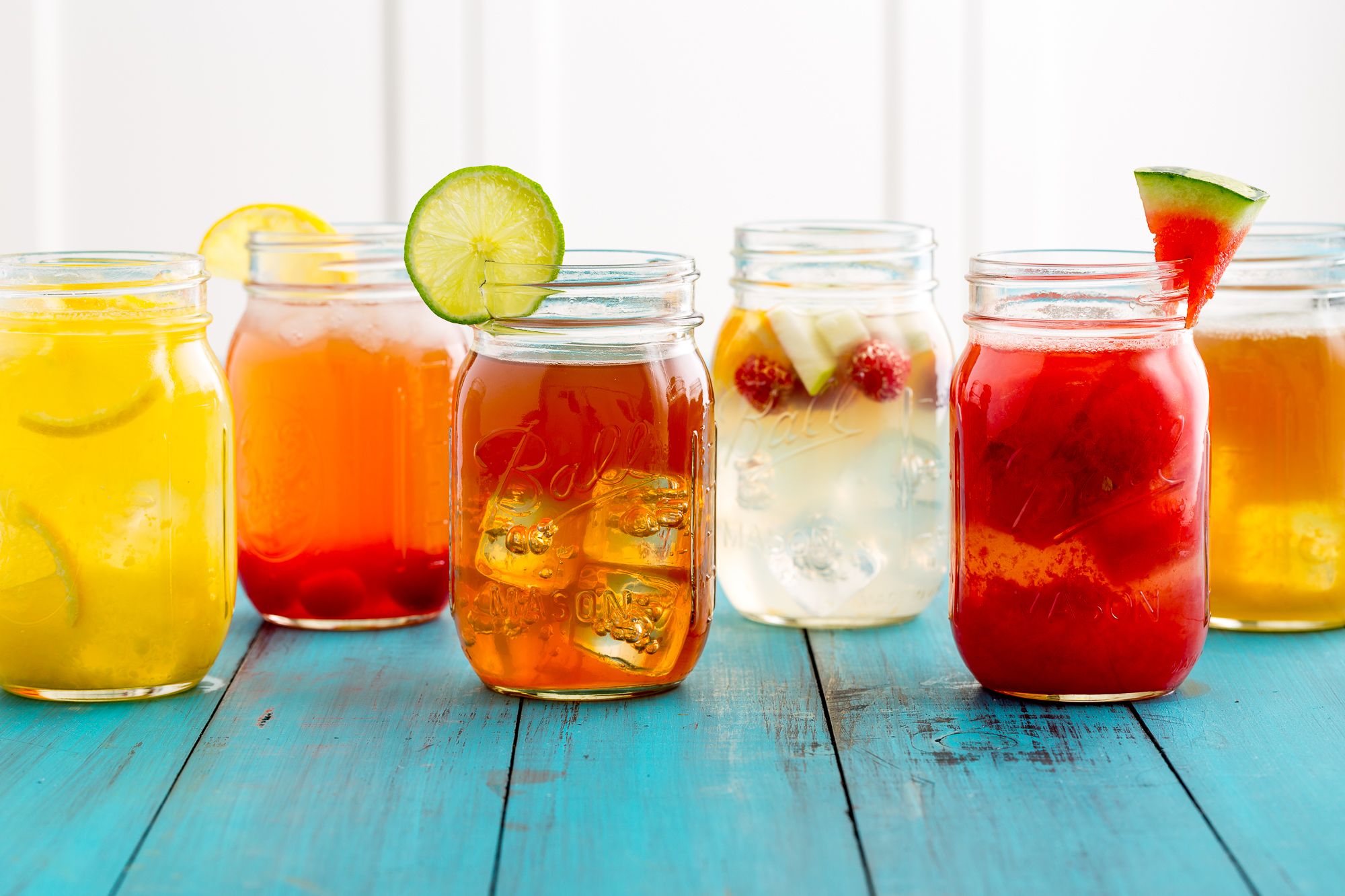
Nobody wishes bolivars because they’re pretty plenty nugatory, so you probably realize that fees in Venezuela are already set in dollars. What’s as an alternative new yet common practice in Caracas, however, is the “We don’t receive bolivars, only dollars, in cash or through Zelle.” Hyperinflation has been hitting Caraqueños’ wallet for over a year and a half now, such as providers of goods and services. Against that onslaught, maximum companies carried out exceptional techniques: setting expenses in dollars, charging bolivars at a higher than modern black marketplace exchange rate, and lowering or casting off lines of credit.
Though some commonplace greenbacks, it wasn’t a tremendous practice and the option wasn’t publicly displayed (so that you’d ask). Many Venezuelan virtual stores have been charging in tough forex for some time. The so-referred to as bodegones—physical shops that maintain on stoning up in Caracas with imported items of all sorts—had been one of the first stores to announce the opportunity of paying in bucks publicly. But when the March countrywide blackout hit, almost no Caraqueño had enough bolivars bills to pay for coffee, let alone lunch or per week’s well worth of groceries, so the best choice left to pay quite an awful lot something became dollar bills.

As of these days, almost the entirety may be paid that manner, and I mean the whole lot: from dentist appointments to personal faculty prices, car elements, automobile washes, groceries, domestic cleansing offerings, mototaxistas, and sweet. Some bodegones most effectively deliver the hard currency in cash, and other offerings are slowly joining the fashion. Since many providers take greens through coins or transfers, many are paying bonuses in dollars to their employees (without affecting formal revenue programs), and most Caraqueños have greenbacks handy—even those of low-income.
A common discussion now is the difference between inflation in bolivars and greenbacks. At the same time as the first appears to be slowing down, specifically because the cutting-edge criminal banking reserves quite an awful lot dried up the bank credit marketplace, the latter continues growing as shortages and uncertainty in a roundabout way sell the call for offerings and imported items.
According to Ecoanalítica, between December 2018 and April 2019, a family of 4 went from spending $one hundred ten a month to $720 to cowl its simple needs. Though dollars might assist ease fee troubles, the trouble remains: there’s not sufficient cash in the street, in bolivars or otherwise. This is why the primary issue industrialists and stores are facing is the drop in consumption. Everyone needs bucks, certain, however, if you’ve been out of Venezuela for a while and go back today, you’ll find that now you need to have loads of dollars for fundamental wishes, and most Venezuelans don’t have to get entry to that kind of cash.







